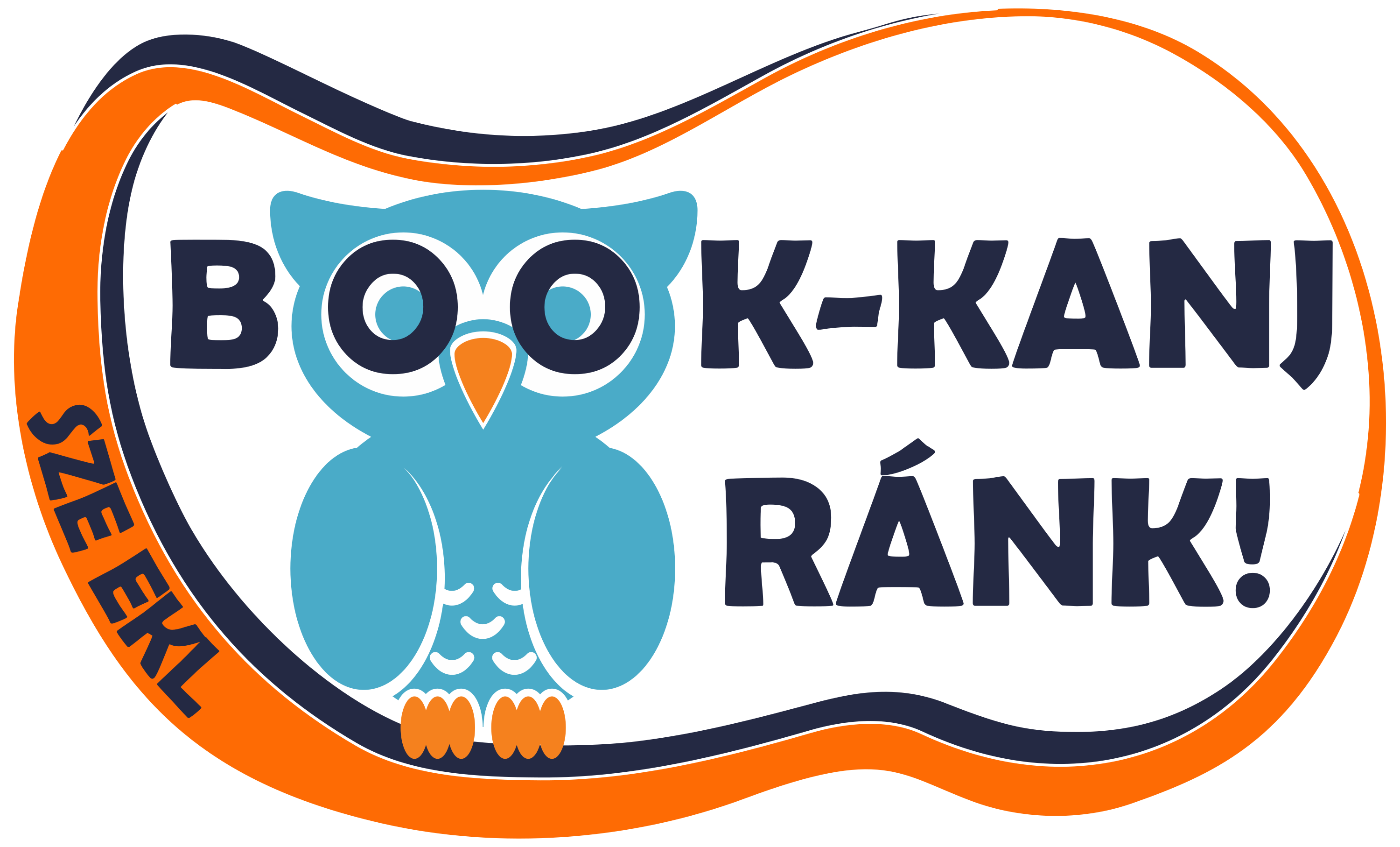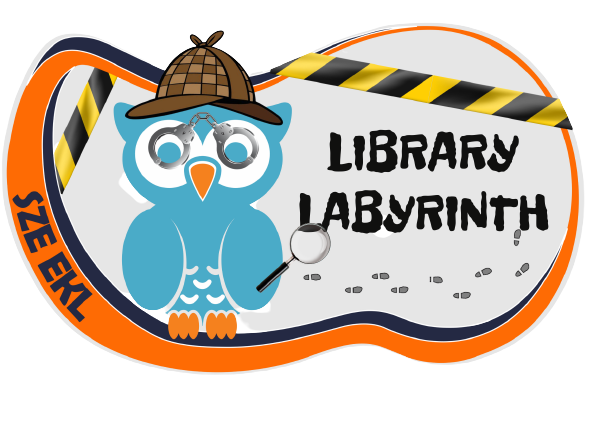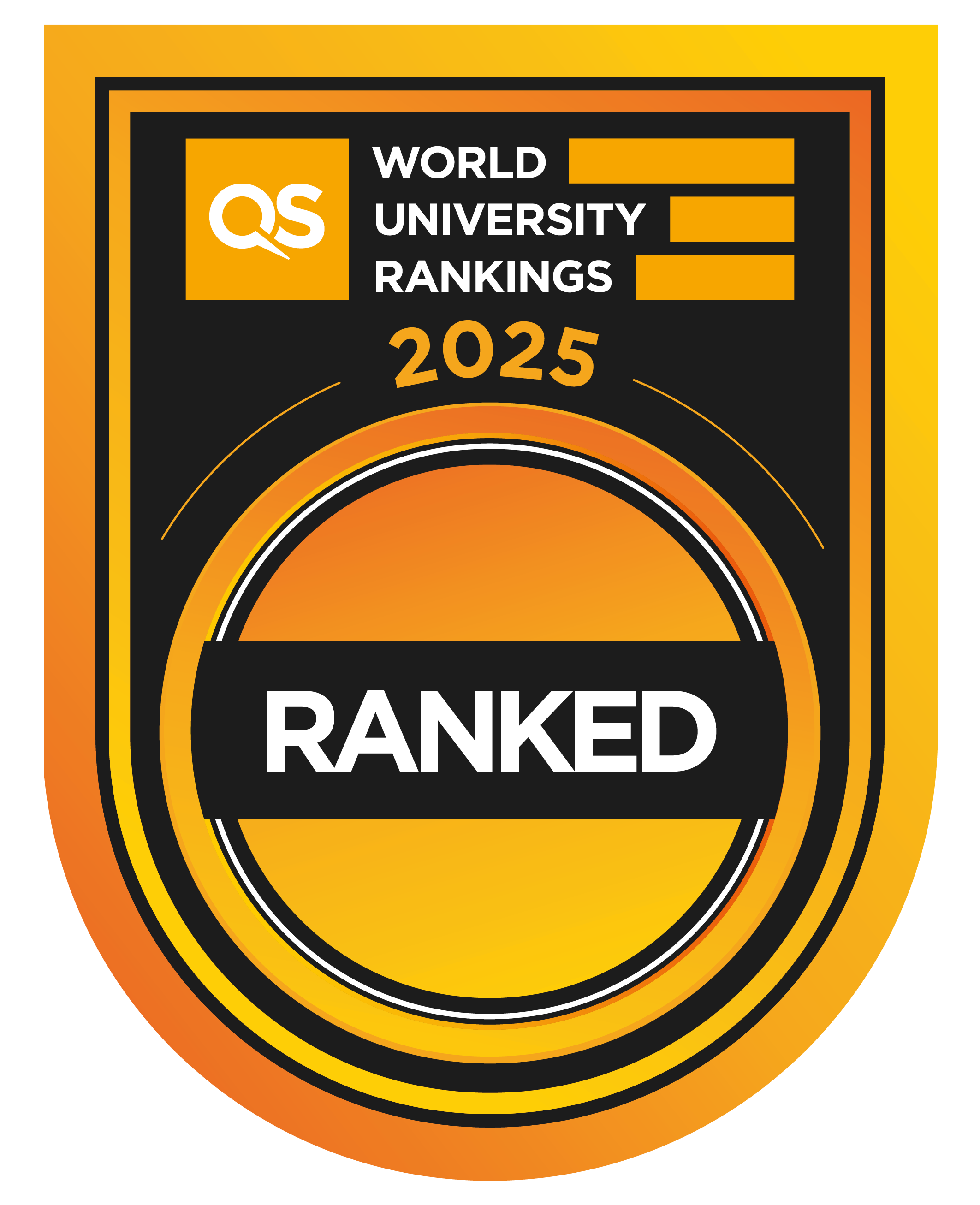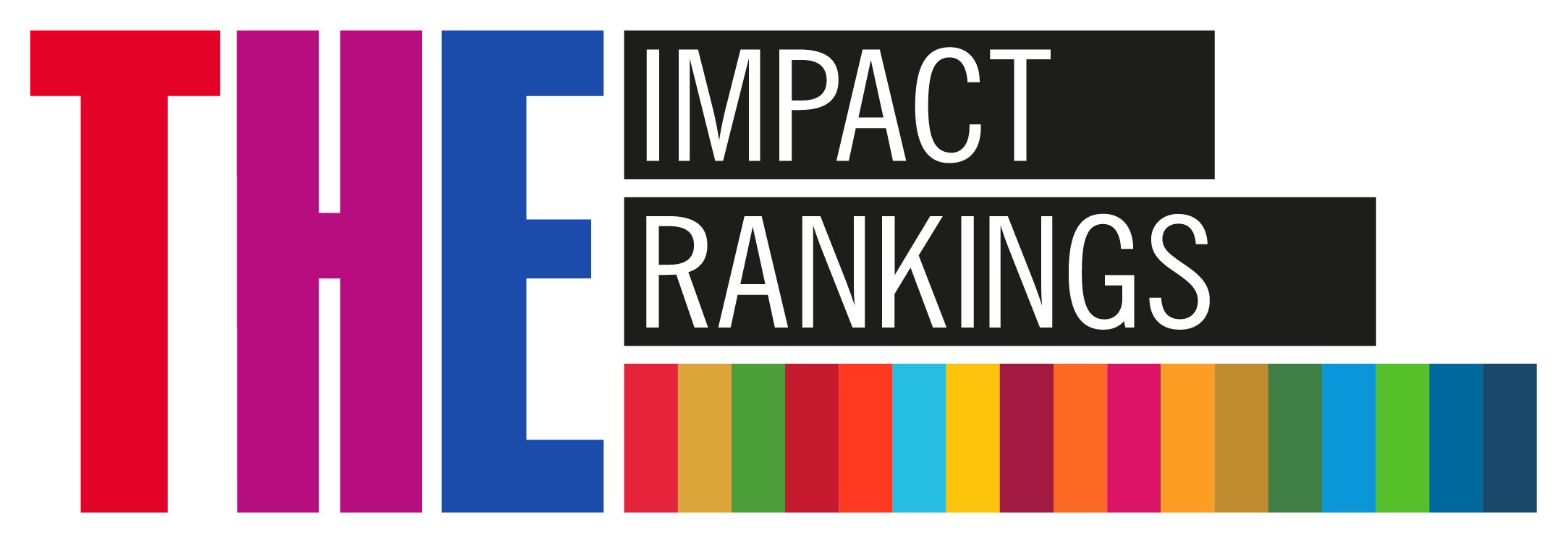Library of Apáczai Csere János Faculty
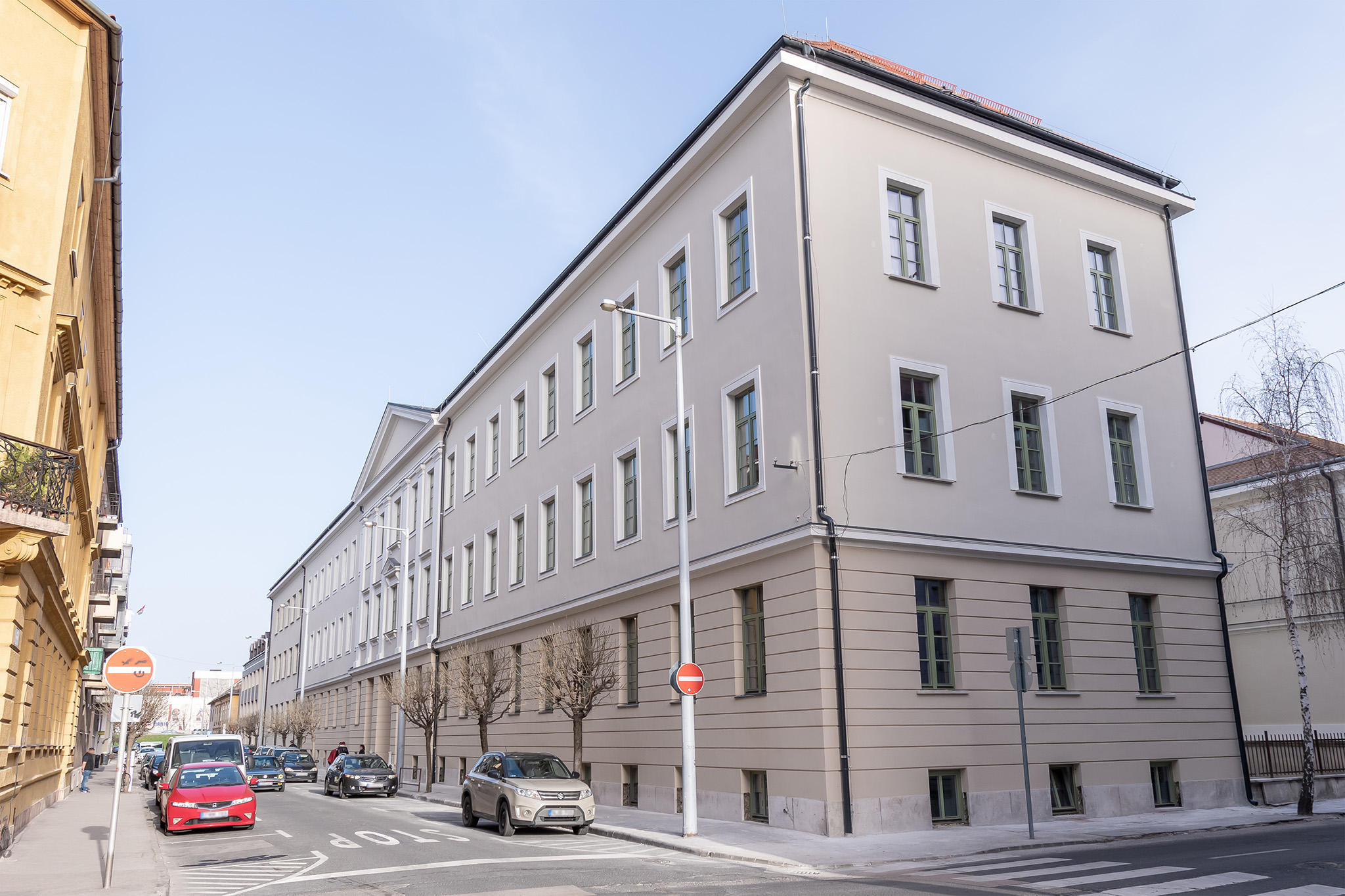
INTRODUCTION
The library of the János Apáczai Csere János Faculty of Pedagogy, Humanities and Social Sciences offers a modern, pleasant environment, 110 seats and comfortable furniture. In recent years, the number of visitors has been estimated at 260-300 per day.
We place great emphasis on user training: library use, research methodology and database use classes are given to students by our staff. Our aim is to directly support teachers and researchers in their work, so there is also close contact between teachers and librarians through the network of the Hungarian Science Bibliography (the database of Hungarian scientific publications - MTMT).
The library is also involved in the national document supply system due to its role as a specialised educational library.
We provide space for teaching classes, training courses and exhibitions. We also host lectures, book presentations and professional discussions.
In addition to its basic tasks, the library collects and preserves the historical documents of the Faculty and ensures the use of the collection.
SHORT HISTORY OF THE LIBRARY
In the archives of the Faculty, library directories from 1875 can be found among the documents of one of the predecessor institutions, the Győr State Elementary Teachers' Training School.
In 1959, with the establishment of the Higher Teacher Training Institute, the current library began its work, with the valuable book collections of the predecessor institutions and the former teacher training colleges. The quality of teacher training at higher education levels placed increasing professional demands on the library. The acquisition of curricular works in pedagogy, psychology and methodology was initiated, and catalogues were built up.
The College Era
In 1975 the Higher Teacher Training College became a college. The pedagogical collection was expanded with new holdings to meet the needs of the college. The constant growth in the number of students and the number of staff made it necessary to constantly expand the floor space within the limits of the building and to differentiate the various service areas. This meant the continuous renovation, modernisation and automation of the central library. Since 1991, a foreign language deposit library has supported language teacher training. The library's floor space was increased to 540 m2 by 1996. The College has provided the staff and infrastructure to meet the changing quantitative and qualitative needs of training.
As a first step towards computerisation, the construction of databases of books and theses began in 1990 with the Micro-Isis 2.3 computer library program. In 1995, the installation of the ALEPH integrated library system was launched with the help of FEFA grants. Initially, the cataloguing of new books, then from 1997 onwards the stock accumulation, and from September 1998 onwards the lending of books, are all carried out within this system. Conversion has been ongoing, alongside the processing of new acquisitions. Today, 95% of the library stock is processed. Our database is accessible on the local network and, since 1998, on the Internet.
The period of the first university integration
In 2000, our library became an independent member library of the public library network of the University of West Hungary, following university integration. Its main task has not changed with the integration: to support the teaching, training, scientific and artistic work of the Faculty within the framework of the University, while maintaining its full professional autonomy, by acquiring and researching the literature related to the current training and research specializations and by providing the information to the users. Its services were/are therefore primarily aimed at supporting teaching and research work and at the acquisition of research methods.
With a significant increase in the number of students, there has been a growing emphasis on interlocking and increasingly diversified profiles. The broadening range of training has been followed by a change in the library's collection in terms of content, types of documents and publications. In the fields of social pedagogy, pedagogy for the learning disabled, adult education, tourism and hotels, physical education, and later recreation, physical education, speech therapy, human resource management, the acquisition of curricular literature has helped to establish and expand the information base for new specialisations.
In the summer of 2010, we migrated to the new version 518 of the ALEPH integrated system, which offered additional possibilities for improving services, e.g. readers can receive text messages and e-mails when their loans are overdue. At the same time as the upgrade, the library received a new server.
By digitising some of the teaching material and using the ALEPH e-curriculum module, we aimed to make some of the compulsory literature available online for specific groups of students, so that they could access extracts of copyrighted or small-copy works without any time or space restrictions.
The library plays an important role in supporting learning by developing information-seeking and digital literacy. In several departments, librarians are invited to give lessons on a specific topic of the research methodology curriculum, and provide practical training and professional support for the teaching of library skills by departmental tutors.
Regular presentations of EISZ, EBSCO and other online information resources for lecturers and PhD students. An increasing number of readers are using the databases presented independently.
Library information is based on the integrated library system and on the use of in-house and remote databases. Several resources are available from library (and partly faculty) computers, accessible to enrolled readers via EISZ, EBSCO, WBIS, NAVA. Home access to EBSCO is provided on individual request.
We are building our own database of tens of thousands of journal articles, so that we have up-to-date access to and exploration of the latest literature in our holdings. With the experience of training courses related to the use and teaching of the MTMT (Hungarian Repository of Scientific Works), librarian colleagues as faculty coordinators assisted our faculty members in uploading and checking their own publications, especially with regard to faculty accreditation.
With the introduction of self-service reprographic services (photocopying, scanning, printing), librarians were responsible for providing technical assistance, selling upload cards, and managing the programme's computer and financial management. The digitisation of documents relating to the history of the institution, in particular the photographic collections of the last decades, and press coverage has started. Online information has been introduced on the library's website and the service is also available with a qr code during opening hours.
A dedicated and constantly updated website (www.ak.nyme.hu/konyvtar) has been created and a social networking site (Facebook) has been set up.
The library has organised many events: book launches, reading and writing meetings, workshops, Researchers' Night events, a successful 20-hour course for students, exhibitions, professional days, faculty publications, and more.
Our library was an active participant in the organisation of the 44th and 46th meetings of the Hungarian Librarians' Association, in cooperation with the libraries of Győr and the libraries of the NYME.
In 2008 and 2015, our library received excellent ratings in the framework of inspections by the professional inspectors, highlighting the high quality of services.
Infrastructure
2011 is a significant milestone in the history of the Faculty and its library. A new, state-of-the-art knowledge space was created with grant funding, covering almost 1000 m2 on the roof of the main building. The biggest task during the construction of the new library was to monitor the building works and to be involved in the interior design and furnishing. Due to the construction work, the former lending and periodicals reading rooms were closed, so we tried to provide library services with a windowless, unheated lending section in the corridor, which is open during all opening hours. Our library has continued to perform its tasks well during this period.
In October 2010, the Faculty took over the new space from the builders in a festive ceremony, and the technical handover was completed by the beginning of December. The new library is characterised by an unobstructed access, fire protection, impressive interiors and sophisticated furnishings. The move took place between 10 and 22 January 2011. With the help of seven librarians, seven student librarians and students working on student projects, the 50,000-volume library, media library and office were moved into its new location. After being closed for only two weeks, the library opened on 24 January and was ready to serve the public in its new location. Readers immediately took to the new space, which has become a popular learning platform. Visitor numbers have increased. Although our students commuted between four educational buildings, they still found time to visit the library. This was helped by the ten-hour daily opening hours and Saturday opening. The modern, pleasant environment with 110 seats and comfortable furniture attracts readers, and as the book collection has become clearer, they find it easier to search and find their way around. With the relocation of the foreign language library, readers now have full access to these documents, instead of the previous two hours a day. In recent years, the number of visitors has been estimated at 260-300 per day.
The electronic services are provided by 30 thin clients installed in 2012 and the necessary servers, several PCs, network printer/scanner/copier. Low-energy, noiseless workstations with centralised management facilities are in operation in the library.
Staffing conditions
The library is staffed by professionals with up-to-date knowledge and appropriate competences. The library is open 6 days a week, 51 hours a day, and was staffed by 13 people until 2010, 10 until 2012, and then 7 to ensure a high standard of service. The library staff attended various professional training courses as far as possible: 2 persons attended a course in digitisation, 1 person attended a course in industrial property data management, 1 person attended a course in MTMT and ODR, 2 persons attended a course in quality assurance, 1 person was certified as an e-Hungary administrator, 2 persons as an expert and 1 person as a supervisor. 1 graduated from college and 3 from university.
In the course of its professional and public engagement, the Faculty Library is a member of the Hungarian Aleph Group, the Association of Hungarian Librarians, the Association of Information Technology and Libraries. The Head of the Library is a member of the Public Library Committee of NYME, is invited to the meetings of the Faculty Council with the right of deliberation and participates in the work of the College of University Library Directors.
Erika Siposné Major has been the elected representative of the Faculty on the NYME Public Employees' Council for six years, Éva Nagy is a member of the Faculty Council and the Institutional Coordinator of the MTMT.
After the second integration
As of 1 January 2016, the Faculty joined the Széchenyi István University by government decision. As a result of the integration, the Faculty Library continues to operate in the same location, with a smaller staff (4 librarians), and is part of the University Library. Its tasks and activities have not changed: it continues to support the teaching, training, research and artistic work of the Faculty by providing literature and information. It is also the information base of the Faculty, which carries out training and research activities, as well as public cultural activities. As a public library, the significant external demand is determined by its geographical location and its collection: teachers from the region, students from other institutions and Hungarian teachers from abroad are the main users
In addition to its basic tasks, our library collects and preserves the historical documents of the Faculty and ensures the use of the collection. The Faculty Library is also involved in the national document supply system due to its nature as a specialised pedagogical library. It maintains and cares for special collections, such as the Pedagogical Collection, the Media Library, the Archives Collection and the Foreign Language Library. Our aim is to directly support the work of teachers and researchers, so we continue to maintain close contact between teachers and librarians through the network of the Hungarian National Library of Science and Technology (MTMT). We provide space for teaching, training and exhibitions. We host lectures, book presentations and professional discussions.
COLLECTIONS
- Foreign language library
- Media library
- Pedagogical collection
VOLUMES OF STUDIES
- Apáczai Days volumes of studies
- International Turism volumes of studies
OPENING HOURS
Click here to see the opening hours of the library
CONTACT
Address: 9022 GYŐR, Liszt F. u. 42. 3rd floor
|
Name |
László Horváth |
Márta Németh |
Dorottya Perjés |
Bettina Terhes-Tóth |
|
Telephone |
+36 96 503 661 |
+36 96 503 664 |
+36 96 503 662 |
+36 96 503 661 |
|
|
INTRODUCING VIDEO

